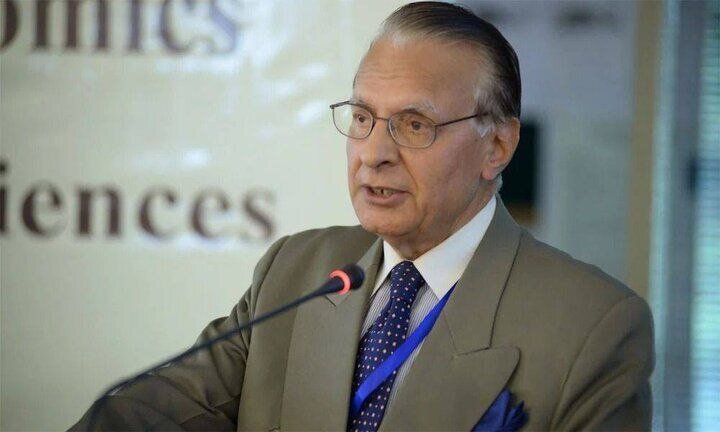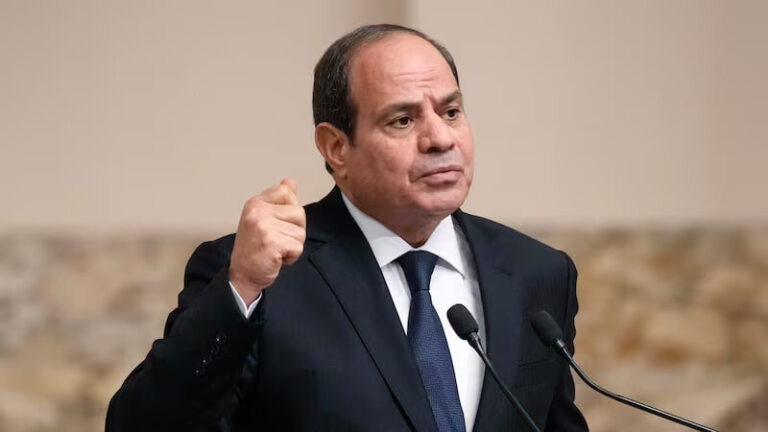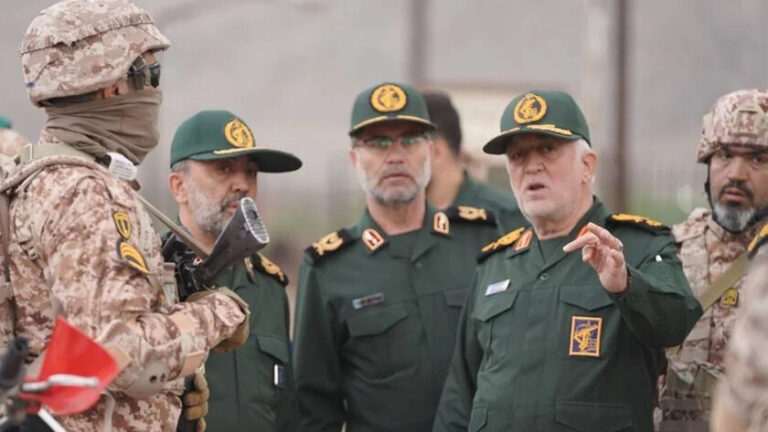Former Pakistan FM Declares Trump Untrustworthy: A Critical Perspective
In light of Donald Trump’s recent proposal to negotiate once again with the Islamic Republic of Iran, former Pakistani Foreign Secretary Shamshad Ahmad has expressed skepticism regarding Trump’s trustworthiness. This sentiment reflects a broader concern about the nature of international negotiations and the implications for global politics.
Ahmad emphasized that Trump is not merely a politician; rather, he is a businessman driven by commercial interests. He stated, “Donald Trump is not a politician but basically a businessman whose main goal is to make deals based on commercial interests, and Trump does not abide by any rules.” This perspective sheds light on the complexities of international diplomacy when business interests overshadow diplomatic integrity.
Historically, previous American presidents have engaged in numerous negotiations with countries around the world. However, Ahmad pointed out a troubling pattern: “The previous American presidents also had many negotiations with the countries of the world, but they saw their interests in danger and withdrew from the negotiations and did not comply with any law and easily got out of that treaty.” This raises important questions about the reliability of agreements made under such administrations.
Ahmad recalled how the US once reached an agreement with Iran, only for Trump to unilaterally cancel it, stating, “The US previously agreed with Iran, but Trump easily canceled this agreement.” This act is likened to the actions of former President George W. Bush, whom Ahmad criticized for exacerbating tensions in the Middle East. “Like Bush, he messed up the world,” Ahmad remarked, highlighting the repercussions of such decisions on global stability.
Furthermore, Ahmad noted that Trump’s policies seem to favor Israel’s position in the Middle East. He stated, “He tried to strengthen Israel’s position in the Middle East through the so-called ‘Deal of the Century,’ the Pakistani diplomat said.” This assertion raises concerns about the fairness and balance of future negotiations in the region.
In his analysis, Ahmad urged Muslim countries to rethink their strategies. “Instead of looking for negotiations and focusing on the West, Muslim countries should strengthen their relations with Muslim countries to solve their problems,” he advised. This call for unity among Muslim nations suggests a need for a collaborative approach to address shared challenges.
Ahmad further warned that if Muslim countries do not unite, the repercussions could extend beyond regional conflicts. He cautioned, “If Muslim countries do not unite, Trump’s expansionist goals will not be limited to Gaza, Canada, and Mexico, but will also include Muslim countries.” This statement underscores the potential risks of fragmentation among Muslim nations in the face of global pressures.
Key Takeaways from Shamshad Ahmad’s Analysis:
- Trump’s business-oriented approach raises doubts about his reliability in negotiations.
- Historical patterns show that past American administrations have often withdrawn from agreements when they feel their interests are threatened.
- Trump’s cancellation of the Iran agreement exemplifies a broader trend of instability in international relations.
- Policies favoring Israel may complicate future negotiations in the Middle East.
- Ahmad advocates for greater unity among Muslim countries to effectively address shared issues.
- Failure to unite could lead to broader consequences beyond current regional conflicts.
In conclusion, Shamshad Ahmad’s insights provide a critical lens through which to view Trump’s approach to foreign policy, particularly regarding Iran and Muslim nations. His perspective serves as a reminder of the importance of trust and integrity in international relations, emphasizing the need for unity among countries facing common challenges. As the geopolitical landscape continues to evolve, it is crucial for nations to navigate these complexities with a focus on collaboration rather than division.
For those interested in the delicate balance of international diplomacy, Ahmad’s remarks offer a compelling viewpoint on the necessity for strategic alliances among Muslim countries in an increasingly unpredictable world.






